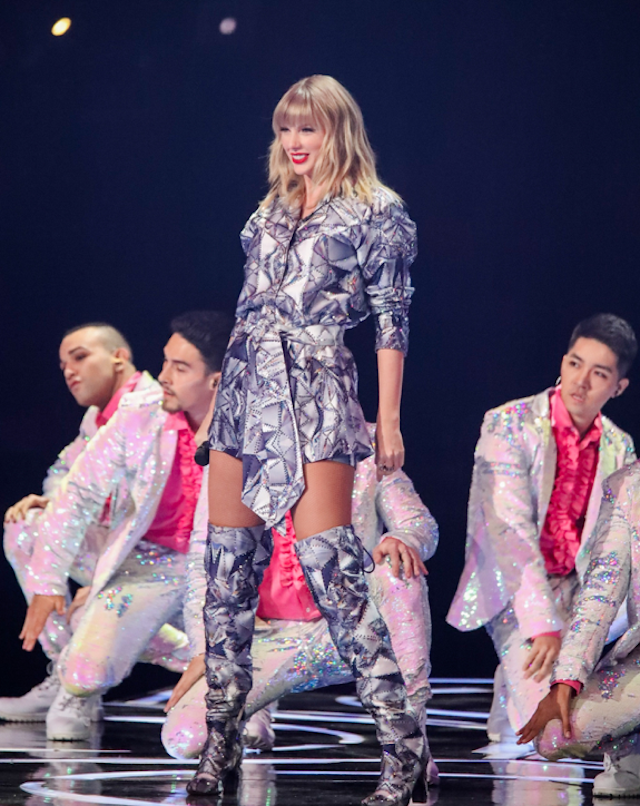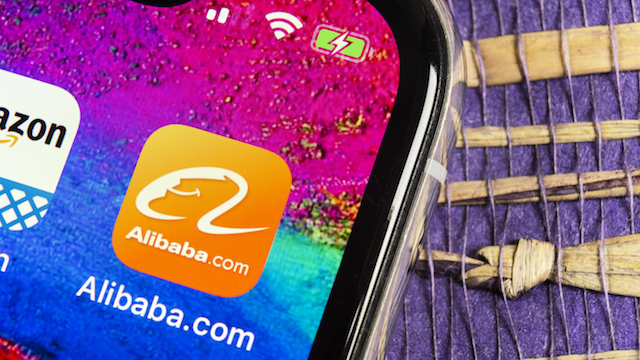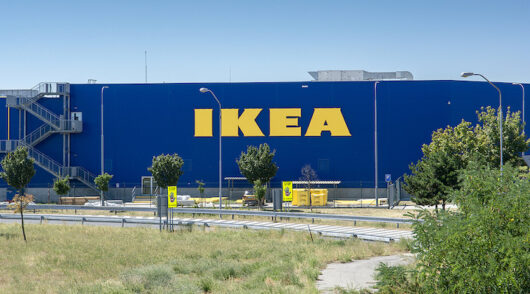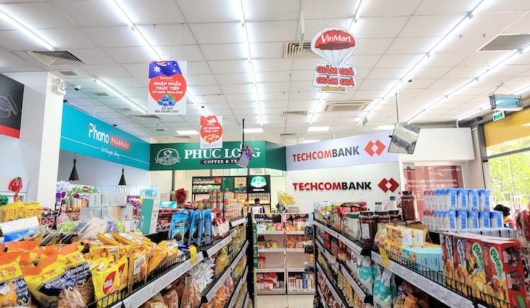Alibaba’s Singles Day kicked off at minute and this year it took just 68 seconds for the first US$1 billion in turnover.
Of course, as always, many of these sales are organised in advance by shoppers or are only processed at midnight, so while the figure might seem spectacular it is largely the result of electronic processing rather than real-time physical buying.
That said, consumers have been planning for up to two months for the sale, which contributed to a US$12 billion flowing through Alipay within the first hour.
Last year’s Singles Day saw US$25.3 billion gross merchandise volume processed across the full 24 hours, which was 39 per cent more than in 2017.
Sales were also aided by an entertainment show broadcast on Alibaba’s video-streaming platform Youku, featuring American singer Taylor Swift and a raft of local Chinese celebrities who helped count down to the midnight start-time much like westerners watch a countdown on New Year’s Eve. Nearly 30 television channels and other platforms also streamed the show.

Live-streaming will continue to play a big part in Alibaba’s Singles Day promotion throughout the day. Zhao Yuanyuan, head of the user-generated content unit at Taobao Live, described this year’s 11.11 shopping festival as “even more fun and playful,” with more brands now experimenting with live-streaming in creative ways.
“This year, people will discover that they can not only shop, but also play,” Zhao said. “And naturally, social communication has become an important part of the shopping experience. We’ll see a larger variety of hosts: everyone from company CEOs, celebrities, influencers to designers and product managers are all walking into livestream studios.”
Early figures showed Japan, the US, South Korea and Australia were the most popular sources of products bought by shoppers. Germany, the UK and France followed.






